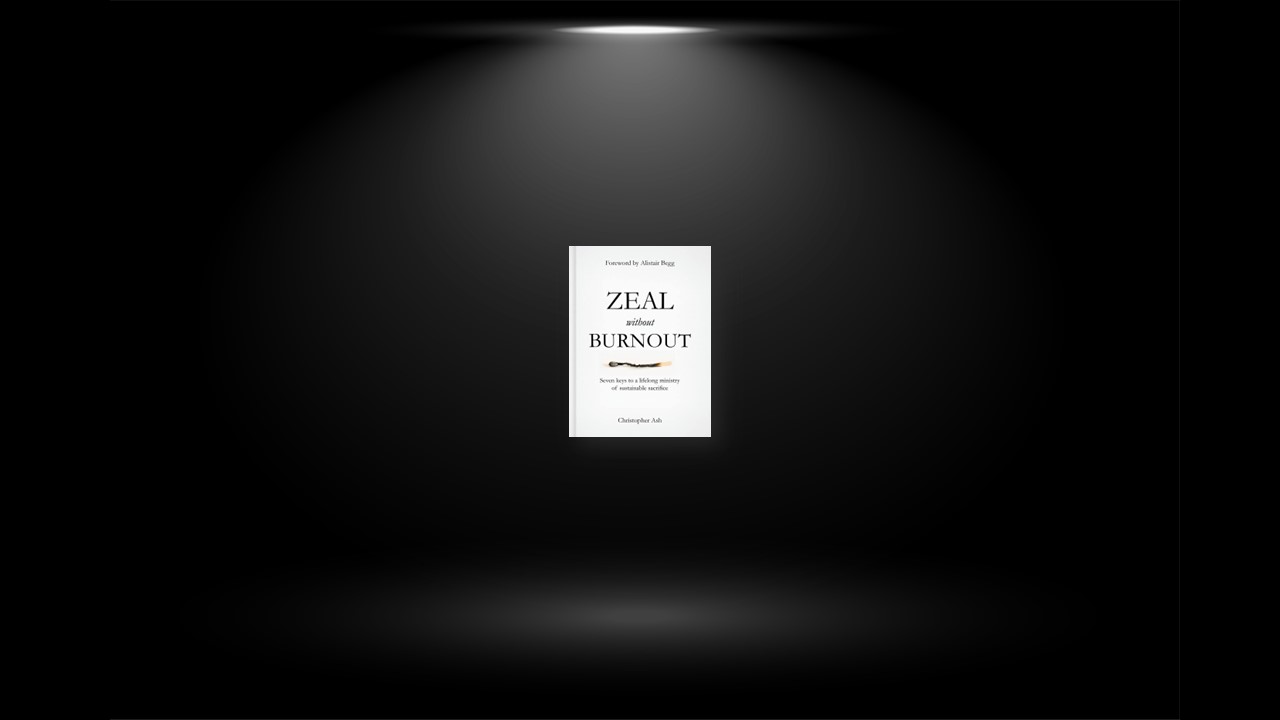We need sleep
The God who watches over his people…
… will not slumber … he will neither slumber nor sleep.
Psalm 121 v 3,4
He is ever watchful, ever wakeful; he never needs to doze off and never loses his watchfulness for a nanosecond. This is a wonderful assurance.
But you and I do need sleep; it is a fundamental mark of our mortality. If we neglect this, we are implicitly claiming an affinity with God that mortals should never claim.
God never needs to sleep and never sleeps. But the psalmist rebukes us when we behave as if we don’t need sleep:
In vain you rise early and stay up late, toiling for food to eat — for he grants sleep to those he loves.
Psalm 127 v 2
Sleep is a strange and puzzling phenomenon. We know what it is to have deep and restful sleep and to wake refreshed. We know what it is to have too little sleep. We know what it is to have plenty of hours in bed and yet to wake not feeling refreshed. We know something of peaceful sleep and troubled sleep. But we do not really understand what makes the difference between them. Good sleep is a gracious gift of God .
We need Sabbath rests
We need sleep; God does not. Second, we need Sabbath rests, and God does not. God the Father is always working (John 5 v 17); 24/7/365 he sustains the universe, upholding and ruling with his sovereign providence.
The “rest” of God in Genesis 2 does not mean he takes a break from governing the universe; it is the rest of having completed the creation he has made. But God works tirelessly to sustain creation, to feed creation and to govern creation by his providence. He does not sleep and he does not take Sabbath rests. But we must. If we neglect this, we are implicitly claiming an affinity with God that mortals cannot claim.
Even those of us who are generally careful to keep a weekly day off find it very easy to let the discipline slip.
Suppose, for example, that Saturday is your regular day off; on all the other six days you are busy with draining work or costly Christian service. And then you are invited to help with some church meeting on a Saturday. It seems so worthwhile. You are keen to do it. Before you know it, you’ve said “yes”. And then you look at the diary and find there is something immovable on every other day that week. So there is no possibility of taking a full and proper day off in that particular week. “Ah”, you say to yourself, “never mind, it’s only one week”.
In some ways the worst thing that can happen is that you get away with it. God in his mercy gives you strength for that extra commitment; you get through the following week with plenty of energy. And you begin to think — subconsciously perhaps — that somehow you have evolved into some slightly superhuman creature; your fellow Christians need their weekly days off, poor ordinary mortals that they are, but you, no, you find you can manage without…
Or can you?
We need friends
Within the eternal fellowship of love that is the “Three in One” God, there is a perfection, a beauty, and a sufficiency of friendship (and more) that needs no addition from outside. God has no need of us. His love overflows and draws us into fellowship with himself; but it is a love that is uncaused; he has no need of our friendship. We are not to picture God as lonely and unfulfilled without us.
But while God has no need of friendship outside the fellowship of the Trinity, we do. God has so created us that we are social beings and need one another for healthy life on earth.
When God says that it is not good for human beings to be alone (Genesis 2 v 18), he is not saying that sex is the answer to human loneliness, for it is not; he is saying that through the creation of the first woman, he enabled the first man and woman to begin the procreation of the human race, in which human fellowship and friendship is a necessary and good part of the created order. Whether married or unmarried, we are created to be together with others.
We need inward renewal
One of the ways in which we are made in the image of the Creator is in our creativity. This will express itself variously: for some it will be speaking, for others writing, for one the making of music, for another through art. But however God has made us creative, let us seek to ensure there are outlets for that creativity. Stifled creativity has a deathly, dulling effect on our souls. Freedom to be creative stirs up the wells of creativity in our hearts, that we may thrive in the image of a wonderful Creator.
“Come with me by yourselves to a quiet place,” says the Lord Jesus to his disciples, “ and get some rest.” (Mark 6 v 31). It is not that a quiet and beautiful place brings us closer to God, for it does not, but rather, that things like this can refresh our spirits.
It is good to develop a healthy self-knowledge about what energizes us — what the Holy Spirit uses to bring us that inward renewal. But these activities will never be enough on their own to bring us true spiritual renewal.
Each of us needs our personal devotional times with God: times of Bible reading and prayer, times to be glad to be in Christ, times of thoughtful reflection before the Lord: times to be refreshed. It is not selfish to guard those times, any more than it is selfish for a firefighter to take a break before heading back into the fire. Indeed, if we do not give space for renewal, there will soon be nothing left of us to give.
A warning
Many of you reading this will be predisposed to burnout. You are capable; you have many natural abilities. If you are in pastoral ministry, you might have hoped for a successful career in the secular workplace. Perhaps you came into pastoral leadership after such a successful career, or in the early days of what might have become a secular success story.
You were used to, or might have expected to enjoy, the praise, respect, high regard, and the applause of people in the world. But now you have chosen a work the world despises, or at best considers marginal and odd. You and I may easily seek substitute adoration from our own flock, or from our fellow-pastors, to fill the gap left by the absence of affirmation from the world. And we may become proud loners, seeking self-fulfilment through our work.
Or perhaps you are still in that successful career, but serving wholeheartedly in your local church. The prestige and status given you by that career matter to you more than perhaps you realize. The wholehearted local-church service you squeeze into a busy life gives you very little affirmation and praise from others. It is tempting to pitch our energies into the activities that result in praise from others.
Beware celebrity! We live in a secular culture of celebrity; it is all too easy to let that culture of people praising people infect our churches and conferences. Beware putting speakers and pastors on pedestals. Beware heroes. “Do not put your trust in princes” (Psalm 146 v 3). Beware wanting to be on such a pedestal yourself. Search your heart.
An encouragement
Discouragement is deeply demotivating. You and I sweat away in preparation and in one-to-one Christian encouragement with somebody, we labour in prayer, in church leadership or service, and there seems so little fruit.
An individual you invested in falls right back into sin. A church you lead splits or is stagnant. You preach your heart out and someone smiles and tells you they enjoyed the humourous aside you included in the middle; and your heart sinks. The youth group you help with is going badly.
Discouragement is that little voice on your shoulder, whispering in your ear that all your hopes and aspirations are nothing more than youthful naïvety. There is no point persevering.
How corrosive that little voice is; how ruinous to gospel zeal and drive!
“I have food to eat that you do not know about… My food is to do the will of him who sent me and to accomplish (finish) his work”
John 4 v 31-34, ESV
This is what gets me out of bed in the morning, says the Lord Jesus. I have been sent; I will do the will of the One who sent me, and finish the work he has sent me to do.
To walk in the footsteps of Jesus is not a recipe for pastoral idleness. For the finishing of that work took Jesus to the cross, where he cried at the last, “It is finished!” (John 19 v 30, using the same word translated “accomplish” in John 4 v 34, ESV). But it is a very deep encouragement. Jesus’ work ended — so it seemed — in failure. He was betrayed by a close friend. His other followers deserted him. Almost nobody believed in him. He failed: he was crucified in weakness. And yet “he will see of the fruit of the travail of his soul and be satisfied” (Isaiah 53 v 11, RSV).
And we too may know that nothing we do in Christ, for his glory, for his gospel, will ultimately be in vain. For the bible says to us…
Always give yourselves fully to the work of the Lord, because you know that your labor in the Lord is not in vain.
1 Corinthians 15 v 58
A delight
When our joy comes from our gifts and our success, we will always be under pressure. For we are only as good as the last sermon, the last youth talk, the last spiritual conversation, the last few months of Christian service, the last success.
It is bad for us, but it also has dark implications for others. Because if we adopt this mindset, we will contribute to a culture of works in which all zealous Christians feel the pressure to succeed, the expectation to keep working harder and harder; a reluctance to take the breaks we need.
Trimming a few hours off my sleep, cutting into a few days off, cutting time for friendships, depriving my wife of intimacy, neglecting personal refreshment — if these “sacrifices” can push my ministry just a step or two above my peers, then I shall be truly joyful.
This is the voice of the enemy. And it always leads to disillusion in the end.
The remedy is to glory much in grace.
It is a privilege to be used in ministry; but it is a much greater privilege to be recipients of grace. We value gifts so much — gifts in speaking, preaching, persuasion, apologetics and leadership. Those who have them are proud of them; those who do not have them admire them too much.


